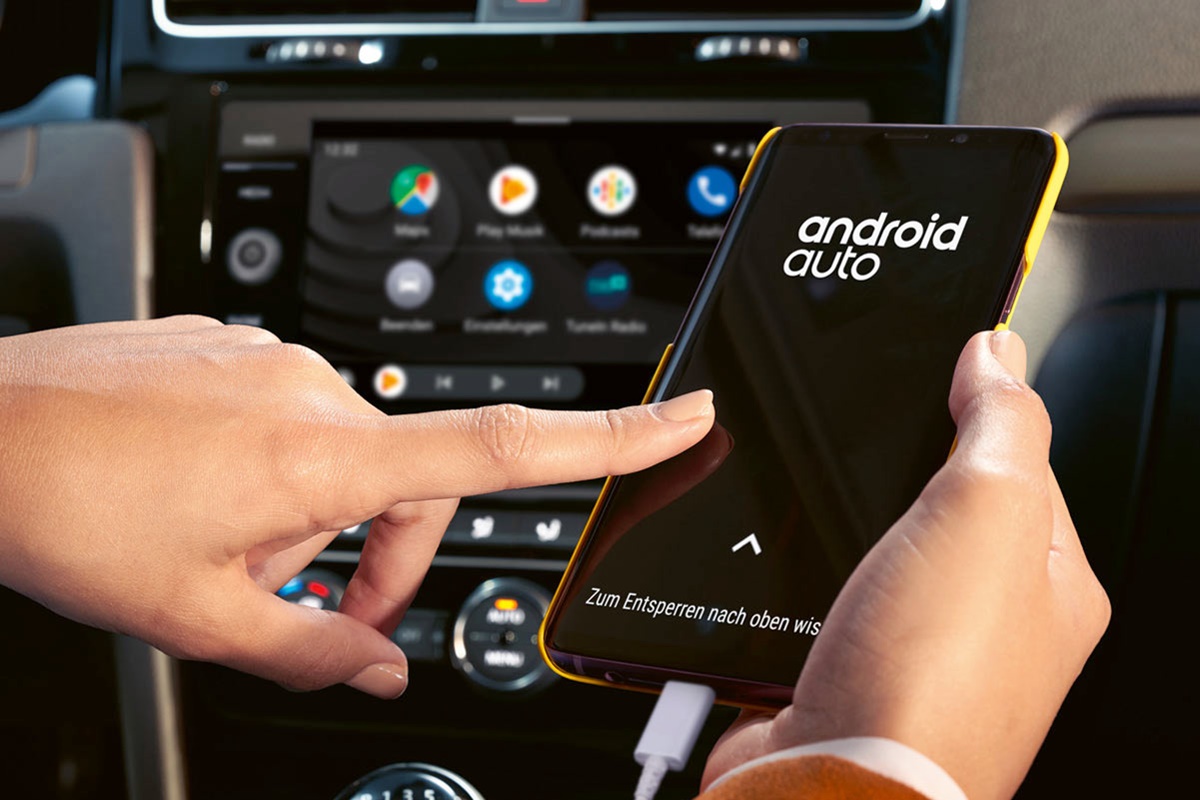Tesla’s Invasion of Privacy: Controversy Arises Over Sensitive Driver Data Sharing
newautopost Views
Privacy invasion controversy Tesla
Excessive sensitive information collection and cybersecurity concerns

On January 1, a Tesla Cybertruck caught fire outside the Trump Hotel in Las Vegas, initially thought to be a routine electric vehicle (EV) fire. However, investigations later revealed that the incident was likely a terrorist attack involving explosives. Tesla has pledged to cooperate with authorities to identify the attacker.
However, Tesla’s decision to provide driver information to assist the investigation has sparked a larger controversy regarding privacy invasion. This incident has highlighted a growing concern within the automotive industry about the extent of data collected through vehicle digital devices. With cars becoming increasingly connected, there is a rising concern about excessive information collection and the potential cybersecurity risks it poses,


Alarming Privacy Invasions: Sensitive Data on the Rise
The scope, quantity, and quality of the information car companies collect are beyond imagination. As more digital devices are installed in cars to provide convenience, car companies have more channels to collect information. If you read the terms and conditions, it is even scary. Volvo’s customer privacy policy states that information is collected to ” process data related to racial or ethnic origin, political opinions, religious or philosophical beliefs, sex life, or sexual orientation.”
It’s not just Volvo’s problem. As another example, Kia states in its privacy policy section about the “personal sensitive information” it collects: “This category may include your Social Security number, driver’s license, ID card, or information about your health, sex life, or sexual orientation.” The information automakers collect through digital devices in their cars goes far beyond where you went when you went and who you were with. The weight of data collection we often agree to on car infotainment screens is once again felt heavy.


Cybersecurity Threats: Privacy Invasion vs. Data Breaches
The risk of sensitive information being accessed by unauthorized third parties is a growing concern. What begins as a privacy invasion could sometimes escalate into a full-scale cybersecurity attack. Cybercriminals are prime targets for the digital systems controlling modern vehicles, and potential breaches could affect everything from basic vehicle data to critical systems like safety controls and autonomous driving functions.
The U.S. government has already addressed these concerns, considering banning Chinese and Russian-made vehicles due to perceived security risks. However, cybersecurity experts, such as those from Trend Micro, have pointed out that even cars from countries like Japan, such as Mazda, are vulnerable to attacks. National borders do not limit the growing threat of cybersecurity breaches in the automotive sector.


The Double-Edged Sword of Rapid Technological Advancement
The Tesla Cybertruck incident underscores the duality of modern automotive technology. While digital advancements offer improved convenience and enhanced vehicle performance, they also introduce significant risks to consumer privacy and security. The data-driven features that once seemed beneficial now raise critical concerns about the extent of personal information being collected and the potential for misuse.
Automakers and governments must swiftly address these concerns. Car manufacturers must limit the data they collect through in-car devices and implement stronger safeguards to protect consumer privacy. Additionally, the industry must invest in robust cybersecurity measures to prevent future breaches and ensure the safety of consumers in an increasingly connected world.










Most Commented